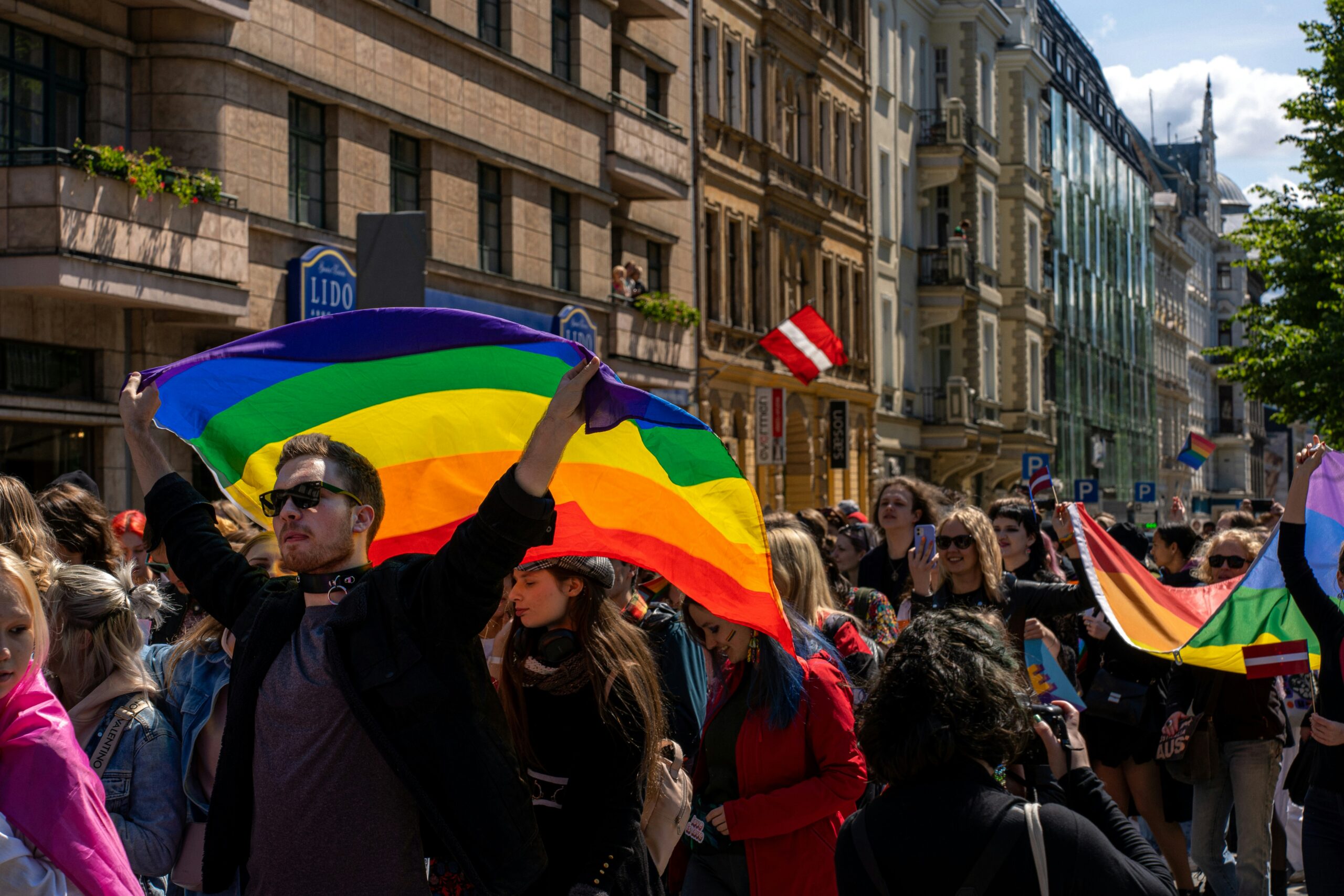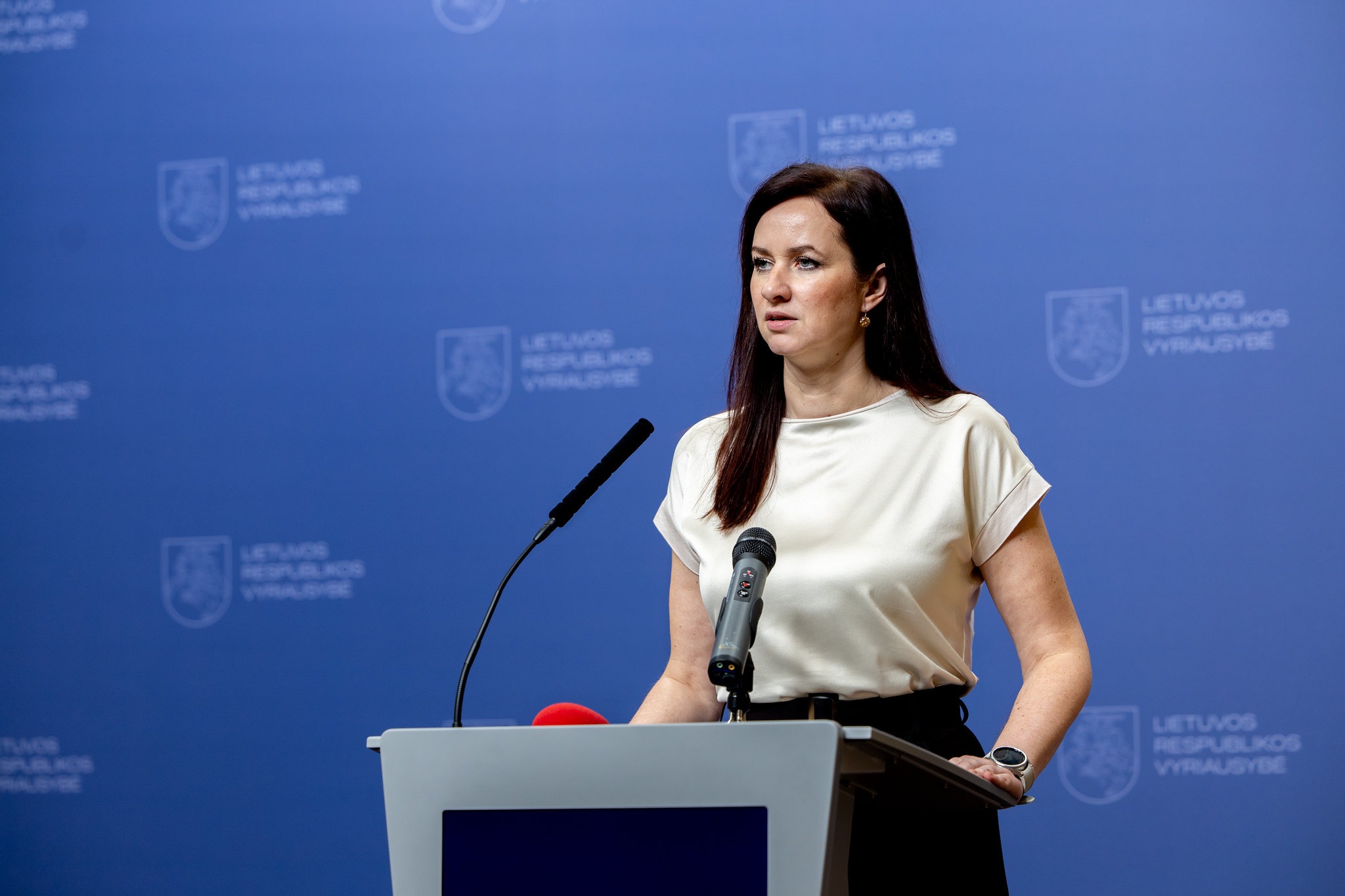
Main narratives:
- The government is destroying traditional values;
- LGBTQ+ values are morally decadent.
Overview:
After years of contentious debate, Latvia ratified the Istanbul Convention on November 30, 2023, with the treaty entering into force on May 1, 2024. The Convention, a Council of Europe human rights treaty designed to prevent violence against women and domestic violence, has since enabled significant reforms that are already providing practical support to victims. However, opposition lawmakers from the National Alliance, United List, and Latvia First parties, joined by the governing coalition’s Greens and Farmers’ Union (ZZS), have now submitted a proposal to withdraw Latvia from the treaty, triggering a renewed wave of conspiracies and disinformation propagated by Latvian politicians.
Among the most vocal opponents is Ainars Šlesers of the Latvia First party, whose Facebook posts reveal a campaign of disinformation narratives and aggressive political rhetoric designed to mobilize opposition to the Convention while delegitimizing political opponents who support it.
Šlesers’ social media activity promotes several fabricated or misleading claims about the Istanbul Convention. Most prominently, he repeatedly asserts that the treaty promotes a “117 gender policy,” a completely fabricated narrative with no basis in the Convention’s text. The Istanbul Convention is focused exclusively on preventing and combating violence against women and domestic violence, and it contains no provisions regarding gender identity or the promotion of LGBTQ+ issues.
This false claim is embedded within a broader rhetorical framework that positions the Convention as fundamentally opposed to what Šlesers calls the “Natural Family.” His posts create a false dichotomy, suggesting that protecting women from violence is incompatible with traditional family values and instead serves to advance same-sex relationships and “pride events.” He goes so far as to claim that the Latvian government’s “main goal is to organize debauchery prides and legalize same-sex families” rather than pursue economic growth, constructing a conspiracy theory that frames women’s rights and LGBTQ+ equality as deliberate distractions from economic priorities.
This misrepresentation extends to downplaying the Convention’s actual purpose. By highlighting statements that withdrawing from the Convention won’t lead to increased violence against women, Šlesers minimizes the treaty’s role in establishing crucial legal frameworks, support systems, and coordinated responses for victims of domestic violence—mechanisms that have already begun operating in Latvia since the Convention’s implementation.
Beyond spreading disinformation about the Convention itself, Šlesers employs a range of aggressive rhetorical tactics to attack his political opponents, particularly members of the Progressive party and coalition partners who support the treaty. His primary strategy involves repeatedly labeling Progressive party member Suvajevs as “progressive Lenin” or “young Lenin,” deliberately invoking Cold War-era fearmongering to delegitimize opponents by associating them with communist ideology. This extends beyond mere words. Šlesers shared digitally altered images showing Suvajevs resembling Vladimir Lenin, claiming he is “like a copy of the real Lenin, both in appearance and in thinking.” This combination of visual manipulation and political attack represents a form of disinformation designed to discredit opponents through irony and laughter rather than policy debate.
Šlesers amplifies inflammatory accusations, quoting claims that coalition partners ZZS are “gangsters” and using this language to characterize routine political disagreements as criminal behavior. He frames legitimate political negotiations over the Istanbul Convention vote as authoritarian coercion, claiming that Progressive party leaders are “threatening” and “brainwashing” ZZS members to prevent them from voting to repeal the Convention.
In a rhetorical inversion, Šlesers portrays Istanbul Convention supporters as “unfriendly and intolerant” toward those defending “Natural Family” values, casting himself and his supporters as the true victims of aggression despite their opposition to a treaty designed to protect women from violence. Throughout his posts, he liberally uses laughing and smiling emojis to mock and ridicule his opponents, reducing serious policy discussions about domestic violence prevention to objects of derision.
This combination of disinformation about the Istanbul Convention’s actual content with personal attacks on political opponents represents a deliberate strategy to rally support around culturally conservative positions while avoiding substantive debate about the Convention’s practical impact on protecting victims of domestic violence in Latvia.









